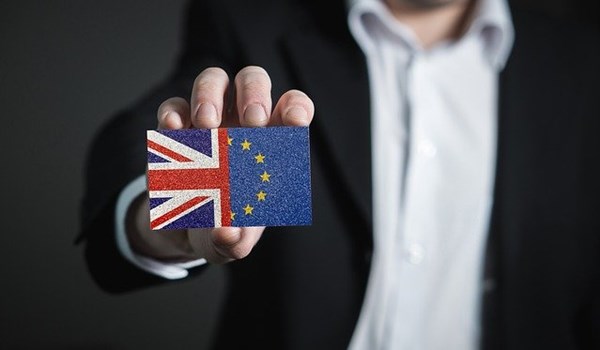Jurisdictions
Regions
Industry Sectors
24/05/21
UK: Irregular cash flows could scupper EU residency for expats.

As published on international-adviser.com, Monday 24 May, 2021.
Expat advisory firm Blevins Franks is urging Brits who want to settle in the EU 27 member states to reassess their finances now that the UK is not part of the bloc.
This is because they must demonstrate they have sufficient income to support themselves in the country they want to move to, in order to not become a burden on the state.
The problem is that every country will have a slightly different definition of what actually constitutes “sufficient income”.
Blevins Franks said that popular expat investment structures do not generate enough income for them to be able to meet the residence visa requirements in the EU, and that they should take financial advice on the best ways to fulfil such criteria.
“This raises a problem for many expats who have invested in EU-compliant, tax-efficient investment products,” said Jason Porter, director of Blevins Franks and head of its newly unveiled European emigration advisory service.
“Many have placed their financial assets in life insurance bonds or UK pension schemes and intend to utilise the flexible and often tax-efficient withdrawal facilities associated with such structures.
“The potential irregularity of payments, and the fact some of these may not be regarded as wholly constituting income, could have consequences in terms of meeting the sufficient income requirements of a residency permit.
“Some jurisdictions have developed an interpretation that a simple deposit of the income required for the period of the residency permit in an account which can be drawn upon is sufficient. Others are far stricter, expecting to see income in its regular, taxable form, such as earnings, pensions, rentals, dividends or interest.
“These expats will need to take advice on what is effectively a balancing act between tax efficiency and meeting the income stream requirements of the residency permits best suited to them.”
Currently, UK citizens can only spend up to 90 days in the EU within a 180-day period visa free. If they wish to spend longer, they will require a residence visa and be bound to income criteria of the country they want to stay in.



